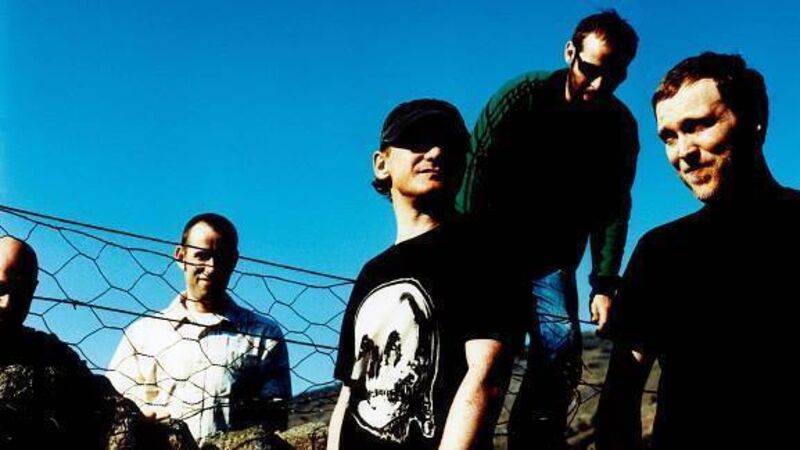Mogwai: No need for words

MOGWAI have never been for the faint of heart. Dense, tumultuous instrumental rock is the stock-in-trade of these Glasgow veterans. They don’t release hit singles (or singles at all, for that matter). Their concerts can be jolting for the unwary, riff piled upon ear-splitting riff. ‘Crowd pleasing’ isn’t in their vocabulary.
Still, they must be doing something right. The group are currently celebrating their 20th anniversary. They have outlasted most of their peers and, with an Irish tour this week, are arguably more popular than ever. This is mildly baffling to low-key frontman Stuart Braithwaite. He never suspected his awkward little outfit would reach their third decade.












